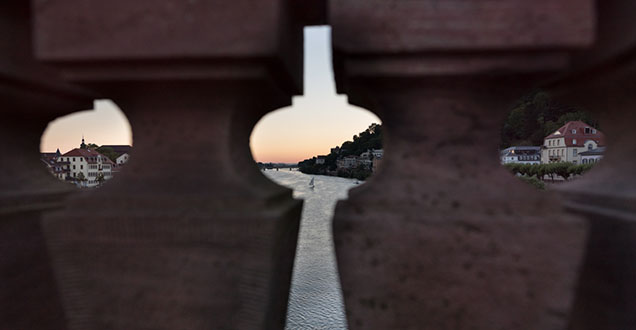
Don't hesitate to contact us:

What is the UNESCO "Creative Cities" program?
The UNESCO "Creative Cities" program connects cities on an international level that share experiences and ideas in the following fields: cinema, music, design, gastronomy, craft and folk arts, media arts and literature. At the moment there are four German Cities within the UNESCO network: Berlin as City of Design, Hannover and Mannheim as Cities of Music as well as Heidelberg as City of Literature.
Which Cities are UNESCO Cities of Literature?
Currently there are 42 UNESCO Cities of Literature worldwide: Angoulême, Baghdad, Barcelona, Beirut, Bucheon, Dublin, Dunedin, Durban, Edinburgh, Exeter, Gothenburg, Granada, Heidelberg, Iowa City, Jakarta, Krakow, Kuhmo, Lahore, Leeuwarden, Lillehammer, Ljubljana, Lviv, Manchester, Milan, Melbourne, Montevideo, Nanjing, Norwich, Nottingham, Óbidos, Odessa, Prague, Québec City, Reykjavík, Seattle, Slemani, Tartu, Ulyanovsk, Utrecht, Vilnius, Wonju and Wrocław.
Whose decision is it to accept further cities into the UNESCO program?
The final decision on designation lies with the Director-General of UNESCO, following consultation with internal UNESCO specialists and external advice provided by NGOs, academics and other independent experts.
What defines Heidelberg as City of Literature?
Heidelberg does not only have a long and remarkable history of literature. It also shows a very vivid current literary scene: Numerous publishing houses, bookshops and libraries are a natural element of the Neckar city. Besides, a notably vivid scene of authors, translators and theatre ensures a high level of literary productiveness. A multitude of institutions are offering literary events. Heidelberg’s University, rich in tradition, is offering a wide-rang of art studies. And last but not least literary prizes and the Heideberg Literature Festival are a guarantee for a constantly high literary level.
What are the consequences of being an UNESCO City of Literature?
The acceptance as a member of the UNESCO Creative Cities Network is both an honor and an assignment. A further development on a local scale and a project-based intercontinental cooperation of the Creative Cities is required. Through constant exchange the network supports the cities to utalize their creative potential for their industrial development.






